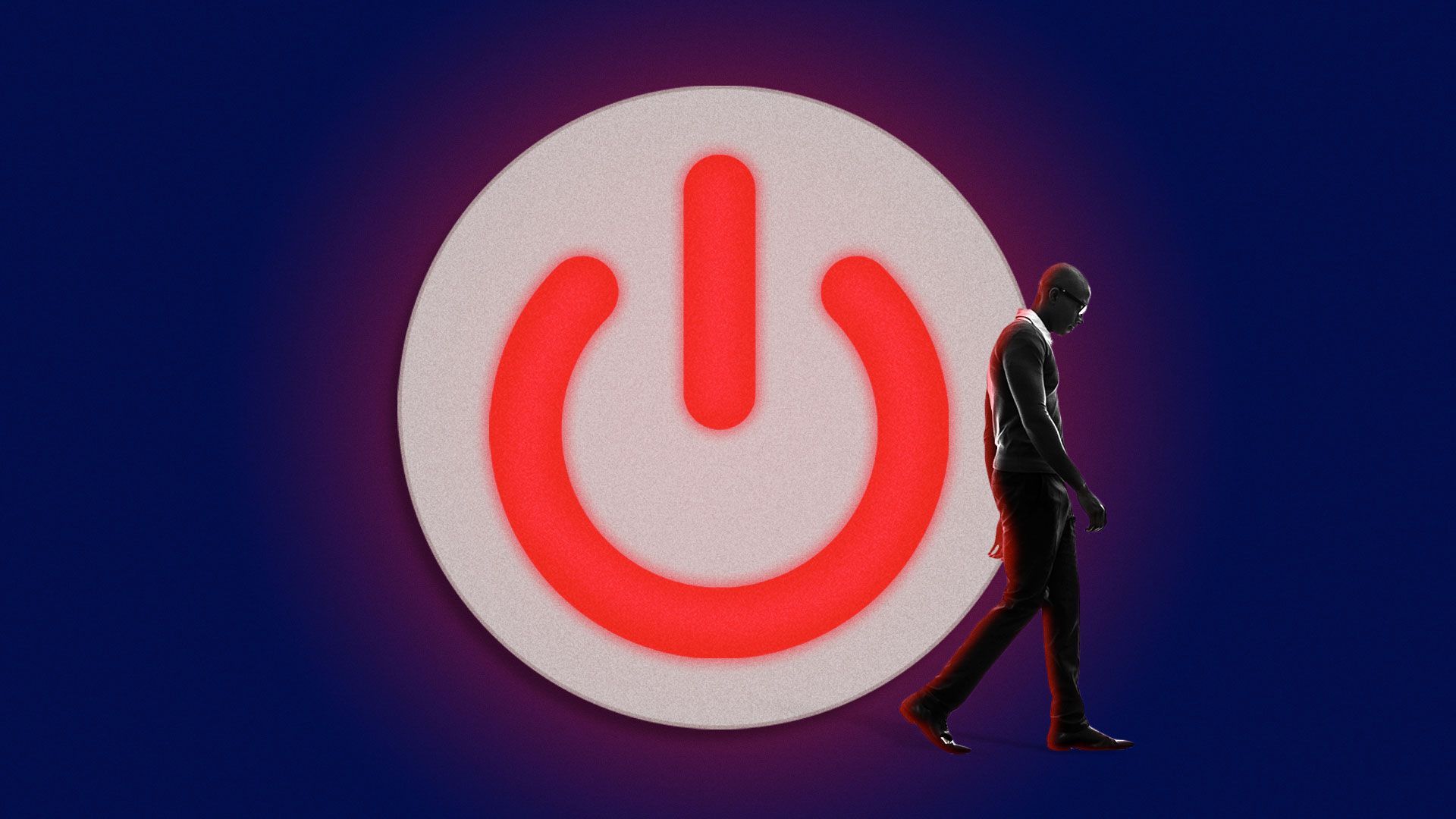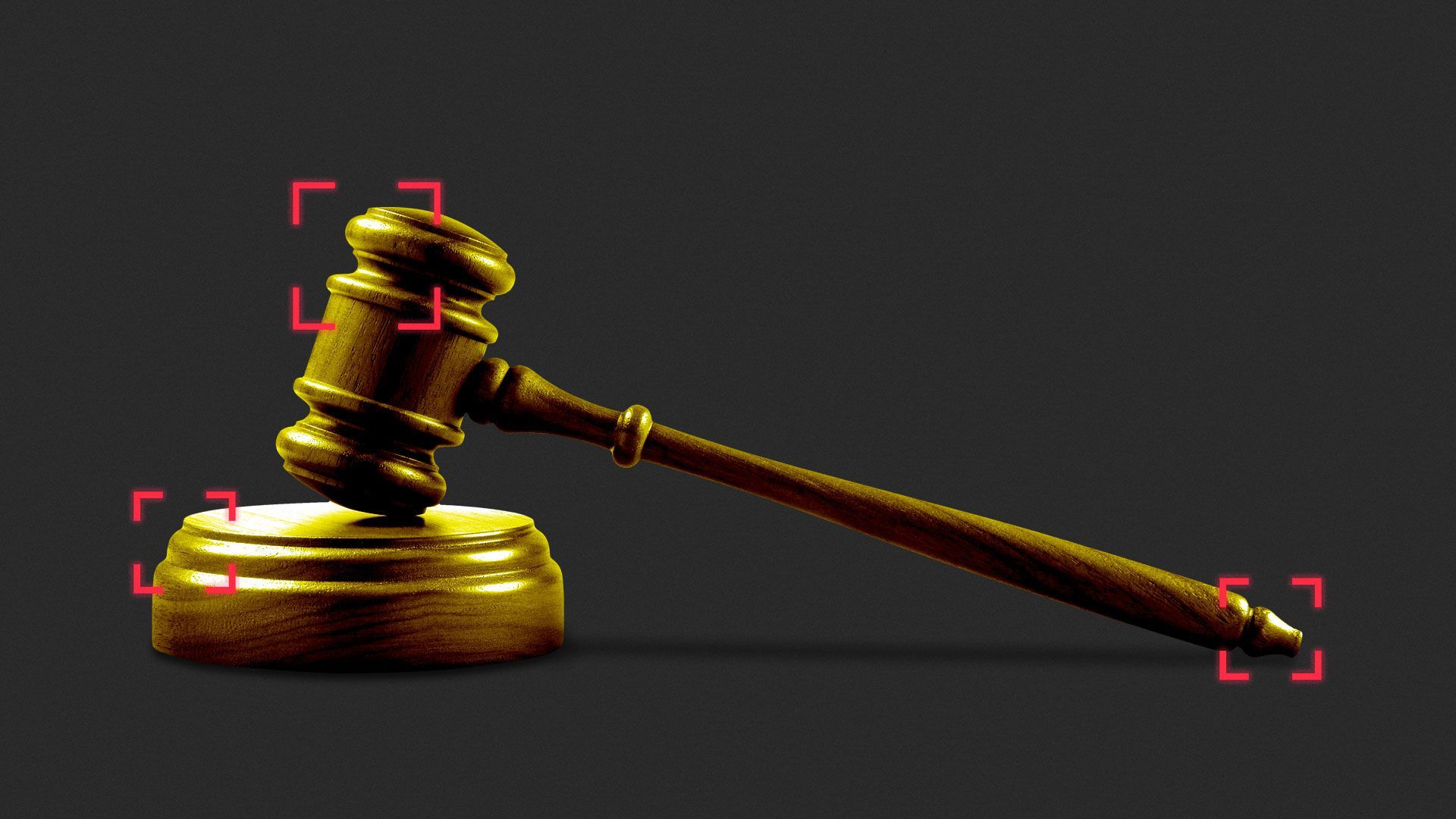| As problematic as the tech industry's diversity statistics are, activists say the focus on those numbers overlooks a more fundamental problem — one less about numbers than about power. What they're saying: In tech, they argue, decision-making power remains largely concentrated in the hands of white men. The result is an industry whose products and working conditions belie the industry rhetoric about changing the world for the better. Why it matters: In this view, unless the tech industry finds a way to reform its power discrepancies, its fundamental inequalities won't change, even if the industry manages to improve its poor track record on diversity. - Too often, experts say, workers from underrepresented groups, regardless of their numbers, aren't in positions to effect real change at tech companies and face enormous structural barriers in trying to rise to the upper ranks.
It's not enough to just "have the right people in the room," says Color of Change head Rashad Robinson. A "rainbow oligarchy" is still an oligarchy, he adds. - "If we end up with diversity for diversity's sake, that doesn't actually change the nuances, the structures, the contours, and in particular, the rules," Robinson said in a recent panel I moderated.
Between the lines: The power dynamics play out in a variety of different ways, from questions over worker pay and promotions to problems with products that exacerbate inequality or lead to harassment. On the pay front, there have been a slew of complaints by women and people of color that they were paid less or denied promotions offered to white male counterparts. - "That's generational wealth we are essentially being cheated out of," says Ifeoma Ozoma, who left Pinterest earlier this year and settled claims she was underpaid for her work.
The industry's power imbalance also contributes to failures involving products and services that end up marginalizing non-white users or promoting hate speech. - Even when there are one or two people from underrepresented groups in the room, they often lack the authority to have an impact.
Of note: Despite bold pronouncements, sometimes accompanied by large investments, the major tech companies have barely made a dent in the underrepresentation of Blacks and Latino employees. - Ozoma said the tech industry isn't alone in these problems, but deserves added scrutiny both because of the influence its products have on society and because the industry holds itself up as a meritocracy.
Two companies' recent records illustrate the depth of the industry's troubles. At Pinterest, racial issues came to the forefront after Ozoma and another employee, Aerica Shimizu Banks, left the company in May. - Former COO Françoise Brougher in August said she was forced out for calling out misogyny and discrimination at the company. An employee walkout followed.
- This week, shareholders filed a class-action suit alleging that Pinterest created a toxic environment, hurting the company's reputation and causing financial harm.
At Coinbase, Black employees have left in droves in recent years, according to a New York Times story. - Coinbase earlier this year announced it would shun politics, avoiding taking stands and discouraging political talk at the office.
- That came after Black employees criticized CEO Brian Armstrong for not speaking out publicly about the Black Lives Matter movement.
- Yet Armstrong still speaks out on other arguably political issues, such as how cryptocurrencies are regulated.
The big picture: Many big-name tech firms have faced their own allegations of harassment and discrimination. "You could go to any company in Silicon Valley and find this," Shimizu Banks said. | 





No comments:
Post a Comment